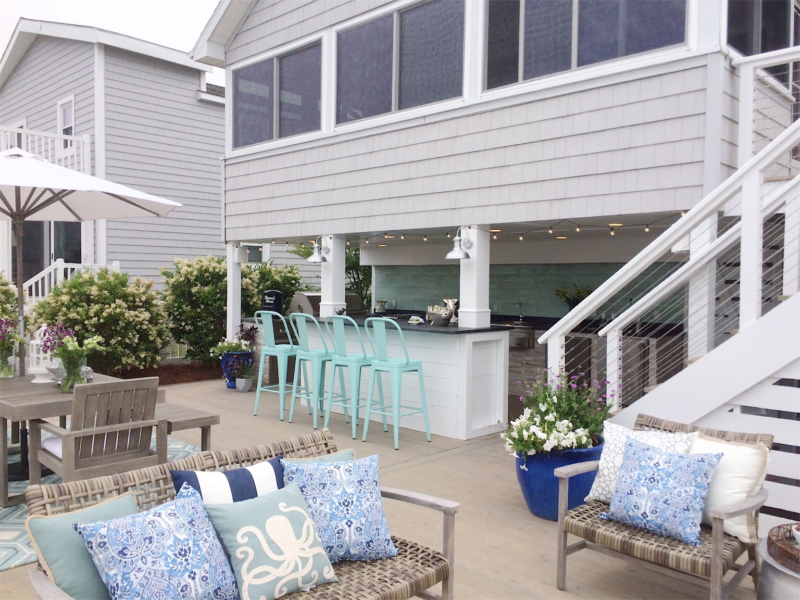Waterville Opera House: History, Events & Cultural Impact

The Waterville Opera House stands as a beacon of cultural and architectural heritage in the heart of Waterville, Maine. Since its opening in 1902, this 900-seat theater has offered a diverse mix of live performances, community events, and cinematic screenings, while simultaneously functioning as a municipal building. Its dual-purpose design and continued relevance have made it an integral part of Waterville’s identity.
In this guide, we explore the Opera House’s rich history, architectural significance, diverse programming, community role, and what visitors can expect today. Whether you’re a performing arts lover, local resident, or visitor to central Maine, the Waterville Opera House offers a unique glimpse into the past while embracing a vibrant cultural future.
A Historical Landmark in Central Maine
Origins and Architecture (1898–1902)
The Waterville Opera House was constructed between 1898 and 1902 in a striking combination of Colonial Revival and Beaux-Arts architectural styles. The building was part of a broader civic movement at the turn of the 20th century that emphasized grandeur and functionality. The Opera House features a symmetrical red-brick façade with stone detailing, arched windows, and a majestic auditorium adorned with ornate plasterwork and a historically preserved painted stage curtain.
Dual Civic and Cultural Purpose
Unusually, the Opera House was designed to serve two roles: a performance venue and the seat of local government. City offices occupied the first two floors, while the upper levels were dedicated to the performing arts. This dual use allowed the Opera House to function as both a center of civic activity and a cultural haven for over a century.
Early Use and Programming
Initially, the venue hosted operas, vaudeville shows, public lectures, and local community events. By 1913, silent films had become a regular part of its offerings. Over time, especially after World War II, it shifted primarily to screening movies before community theatre groups revived live performance in the 1960s.
Preservation and Restoration
By the 1970s, the structure had fallen into disrepair. In response, concerned citizens formed the Waterville Opera House Improvement Association. Decades of restoration work culminated in a major renovation in 2012, modernizing lighting, sound systems, and backstage mechanics, while preserving the theater’s historical integrity.
Events and Programming at the Waterville Opera House
Live Performances
The Opera House hosts a vibrant calendar of events, including plays, concerts, comedy acts, musicals, and dance performances. Popular touring artists frequently take the stage, and the venue is a staple in the regional arts circuit. Each year, thousands of people attend shows ranging from classical music to modern pop acts and local theater productions.
Maine International Film Festival
One of the Opera House’s most celebrated annual events is the Maine International Film Festival (MIFF). Held each July, this 10-day festival showcases a diverse mix of independent films, international features, and documentaries. The Opera House serves as the festival’s centerpiece venue, drawing filmmakers, cinephiles, and tourists from across the Northeast.
Educational and Community Events
The Opera House is deeply committed to arts education. It offers youth theater programs, summer camps, school performances, and acting workshops. Additional programming includes Metropolitan Opera HD broadcasts, National Theatre Live, spoken word events, and improv comedy nights.
Cultural and Architectural Significance
Iconic Interior and Exterior Features
The auditorium’s original plaster moldings, proscenium arch, and horseshoe balcony have been preserved or carefully restored. The building’s facade—made of red brick and granite—remains a landmark on Waterville’s Main Street, with its elegant exterior perfectly complementing the artistry inside.
Recognition and Preservation
The Waterville Opera House is listed on the National Register of Historic Places, reflecting its importance as both a cultural venue and historic building. Its preservation has been a focal point of downtown revitalization efforts and a symbol of the city’s commitment to heritage and the arts.
Planning Your Visit
Venue Information
- Location: 1 Common Street, Waterville, Maine
- Seating Capacity: Approximately 900 seats
- Amenities: Climate control, concessions, accessible seating, assisted listening devices
- Parking: Free parking in nearby lots and on-street parking available during evening and weekend events
Visitor Tips
- Arrive early to explore the historic lobby and settle in before the performance begins.
- Most events operate on a cashless basis—credit or debit cards are recommended.
- Check the event calendar in advance, as shows often sell out quickly, especially during the summer season.
Community and Economic Impact
A Pillar of Waterville’s Arts Scene
The Opera House is part of a larger cultural resurgence in downtown Waterville. It operates under the nonprofit Waterville Creates, which oversees several artistic institutions, including galleries, film venues, and educational programs. Together, these organizations are revitalizing the downtown district and making Waterville a cultural destination.
Economic Boost to Local Businesses
Each year, the Opera House draws nearly 50,000 visitors, many of whom dine, shop, and stay in the area. Its events bring significant foot traffic to local restaurants, hotels, and retailers, contributing to the city’s growing creative economy.
Frequently Asked Questions
When was the Waterville Opera House built?
Construction began in 1898 and was completed in 1902, coinciding with Waterville’s 100th anniversary.
What type of architecture does it feature?
The building showcases Colonial Revival and Beaux-Arts styles, combining symmetrical design with elaborate interior detailing.
Can I rent the Opera House for private events?
Yes, the Opera House is available for weddings, conferences, and private parties. Interested individuals can contact the box office for details on availability and pricing.
Does it still show movies?
Yes. In addition to live performances, the Opera House screens films during festivals and special events, such as the Maine International Film Festival and opera simulcasts.
Conclusion
The Waterville Opera House is more than a historic building—it’s a thriving symbol of community pride, artistic excellence, and architectural preservation. With its dynamic programming, rich history, and cultural relevance, it continues to serve as a cornerstone of Waterville’s identity. Whether you’re catching a live show, attending a film screening, or exploring its historic halls, the Opera House promises a unique and enriching experience.




